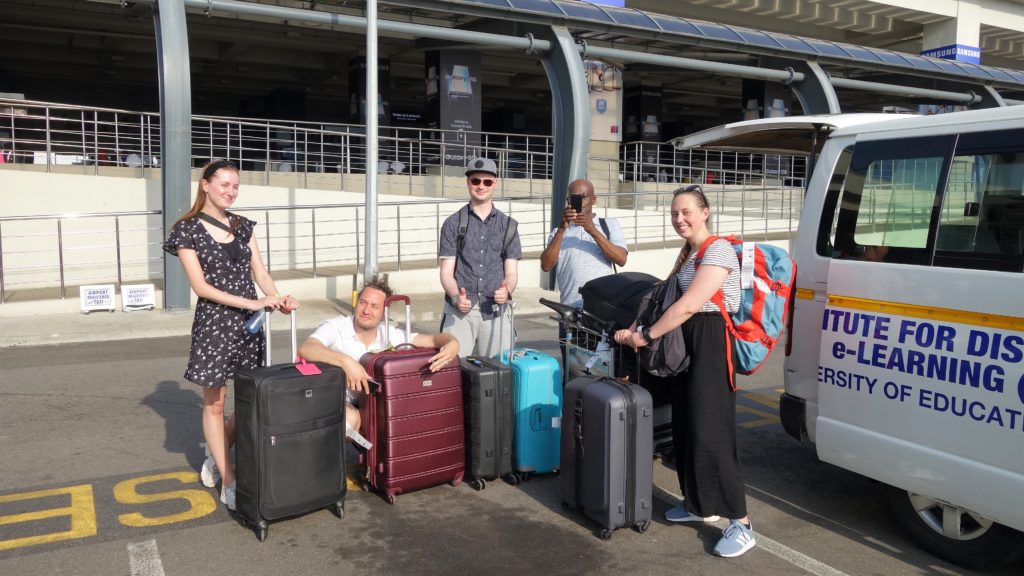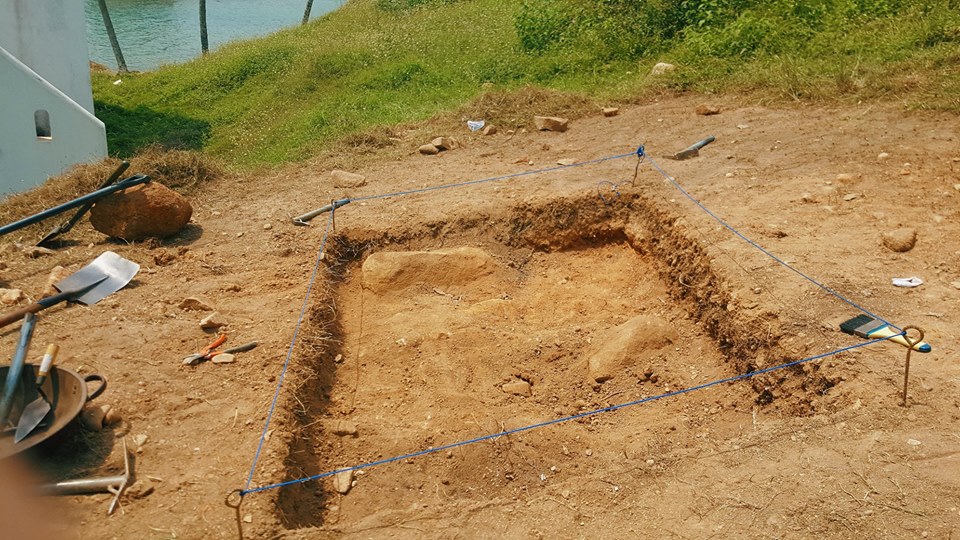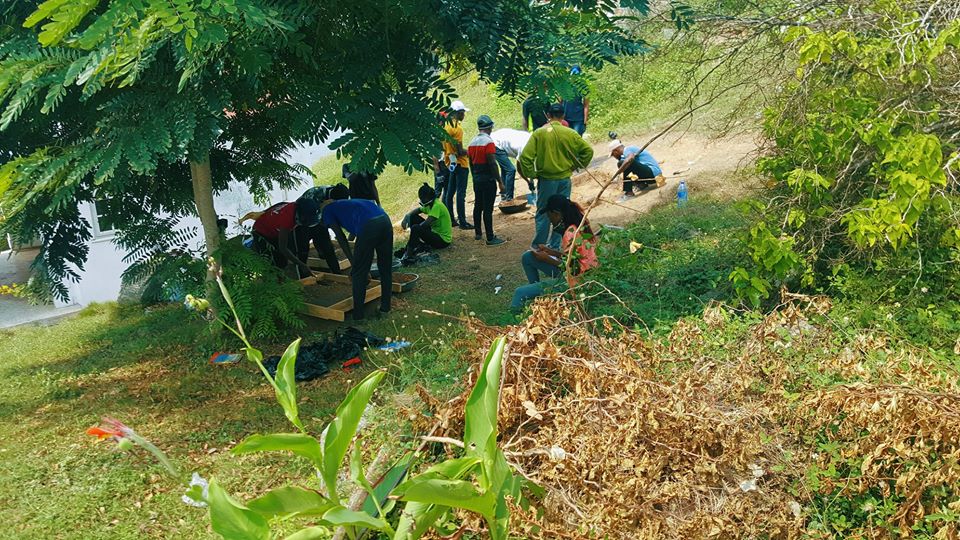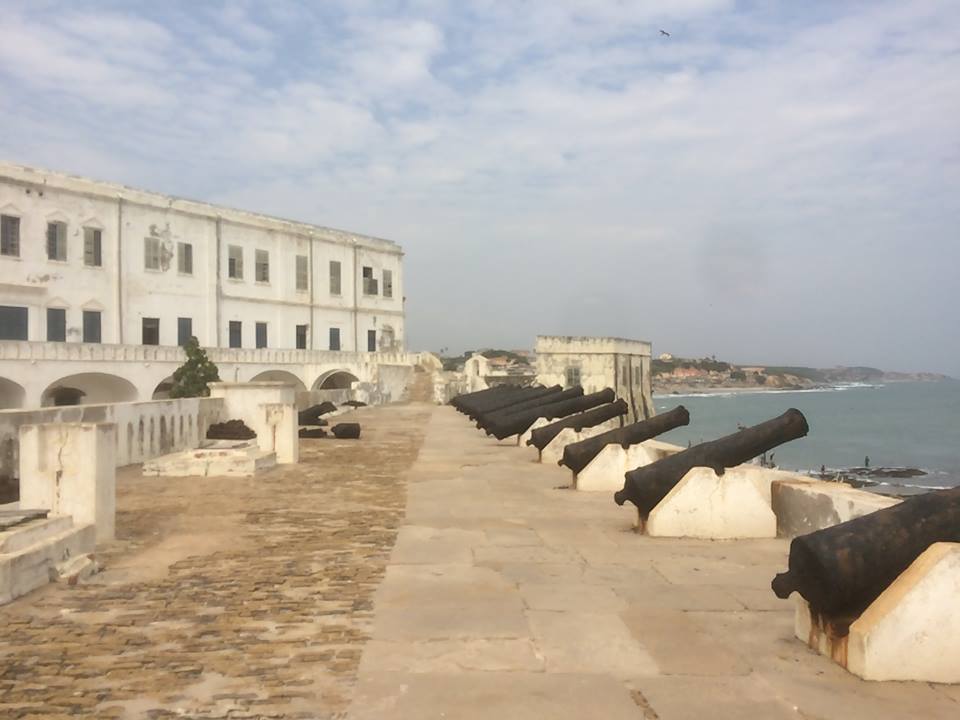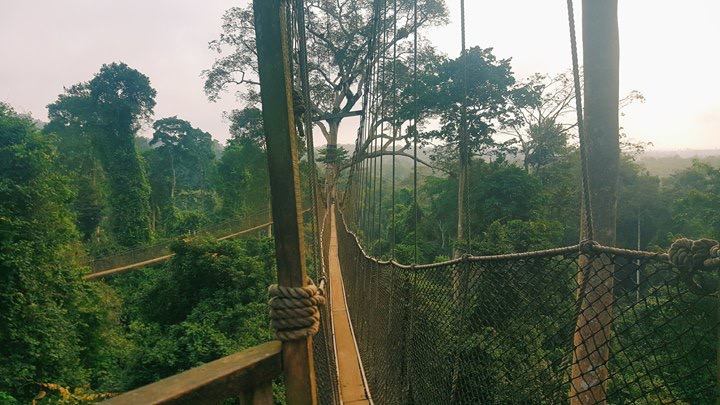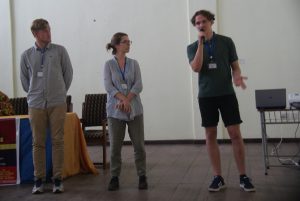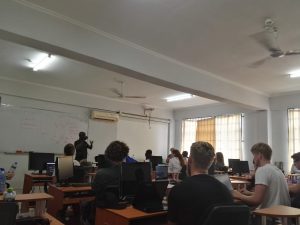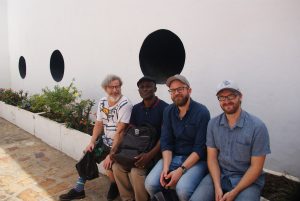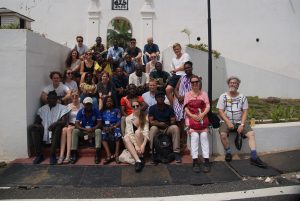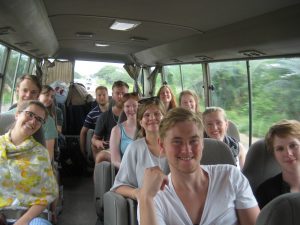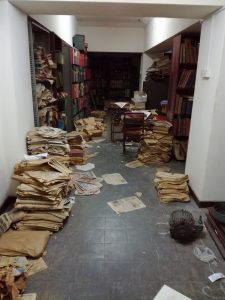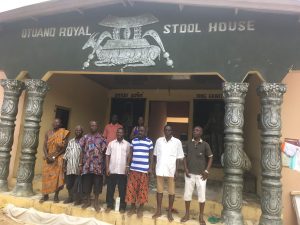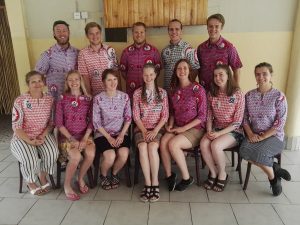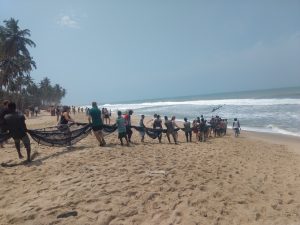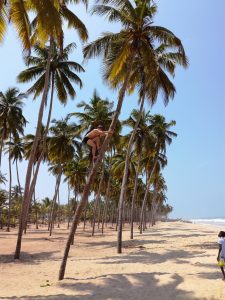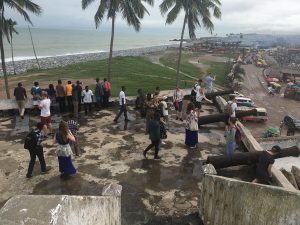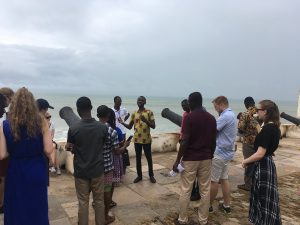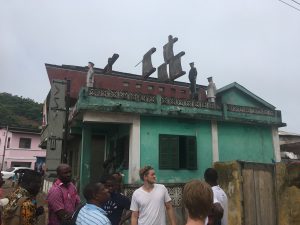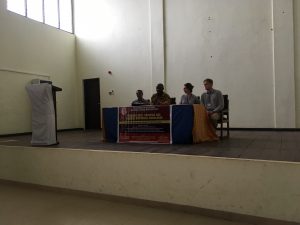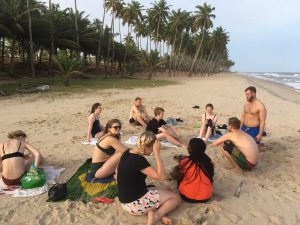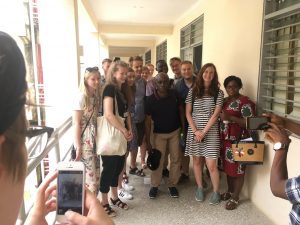Written by Jon Olav Hove, associate professor at NTNU
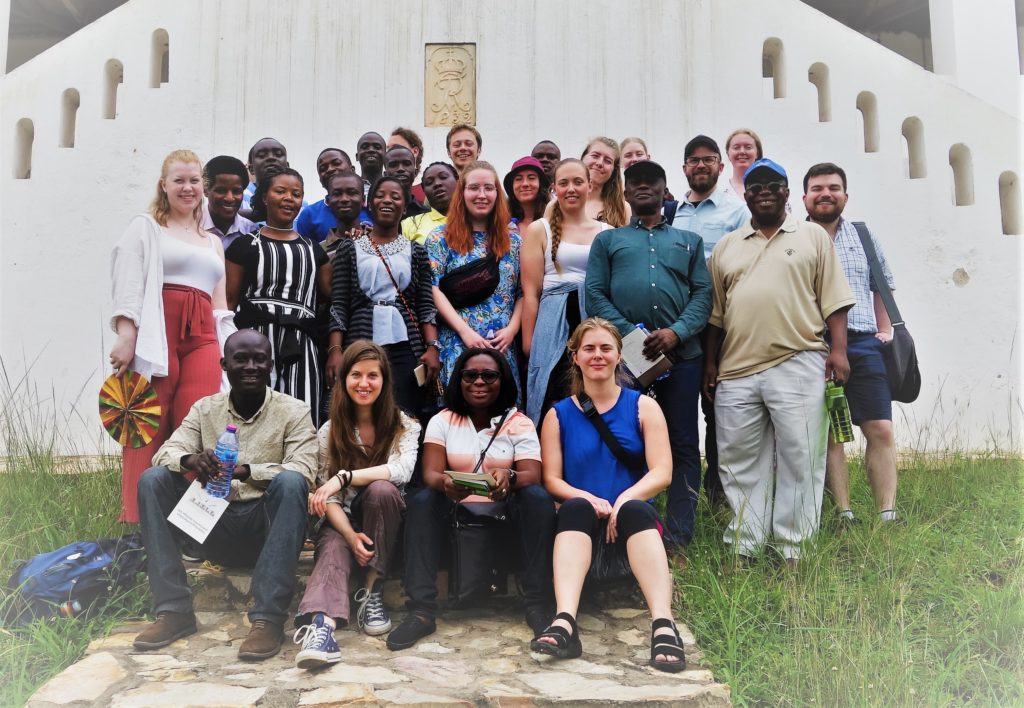
Between the 17th of June and 12th of July, 12 Ghanaian and 14 Norwegian students are taking a coursed called Intercultural Perspectives on Atlantic History and Heritage. This takes place in Winneba, a town located west of the capital Accra, Ghana. The course is funded by DIKU’s NORPART-programme and is organised by the Department of History Education at the University of Education, Winneba and the Department of Historical Studies at NTNU.
The objective of the course is to give Norwegian and Ghanaian students insights into their shared history and heritage. Equally important, it provides the students with experience in intercultural cooperation through lectures, seminars, excursions and various forms of group work. Already in the first days of the course, students are divided into groups comprising Norwegians and Ghanaians, in which they discuss, cooperate and share impressions and knowledge.
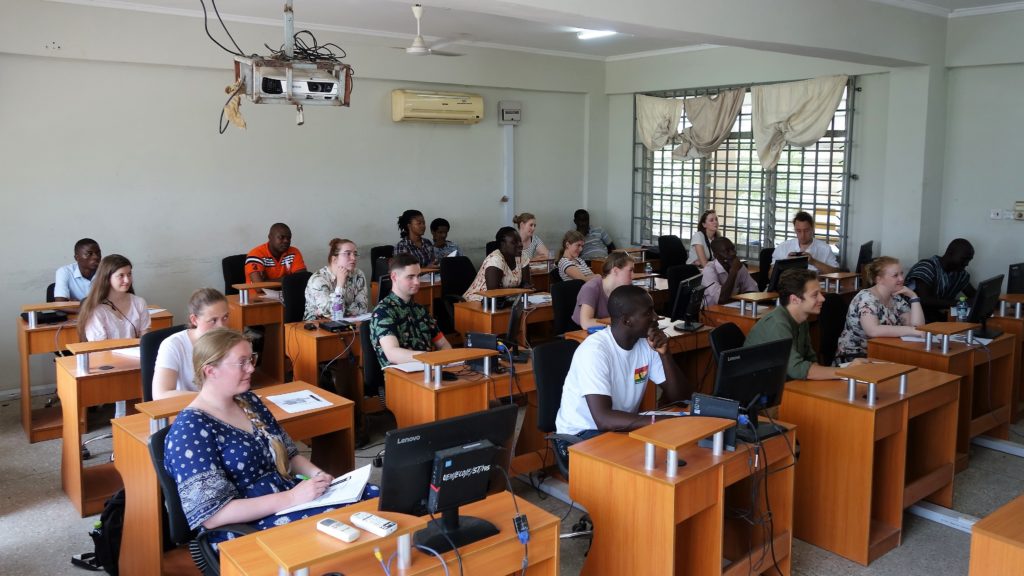
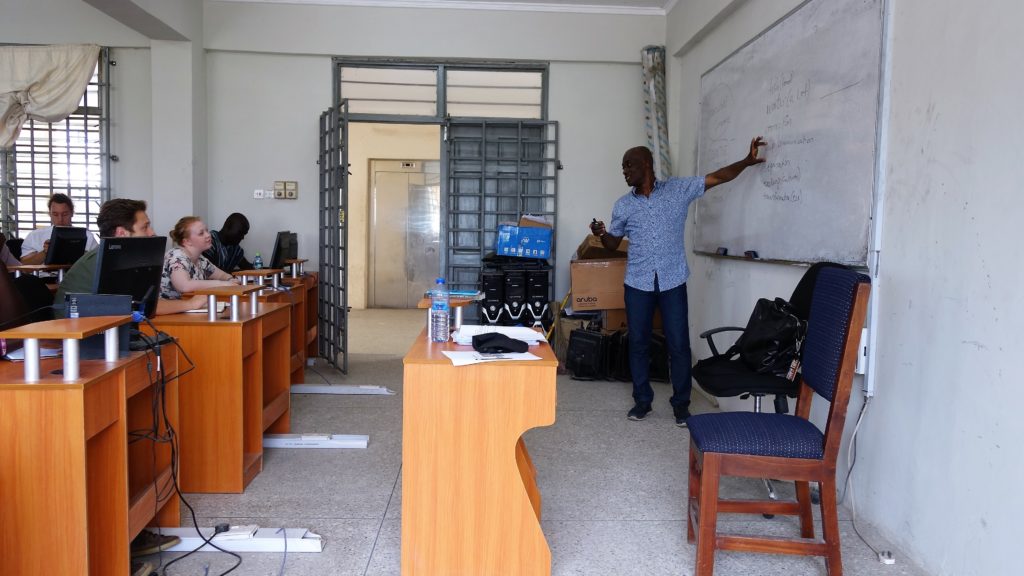
In the first half of the course, students travel together on several excursions. They see the two slave trade castles in Elmina and Cape Coast, they see Christiansborg/Osu Castle and the houses of Danish-Norwegians and their children in Accra and they see the reconstructed Danish plantation Fredriksgave in the outskirts of Accra.
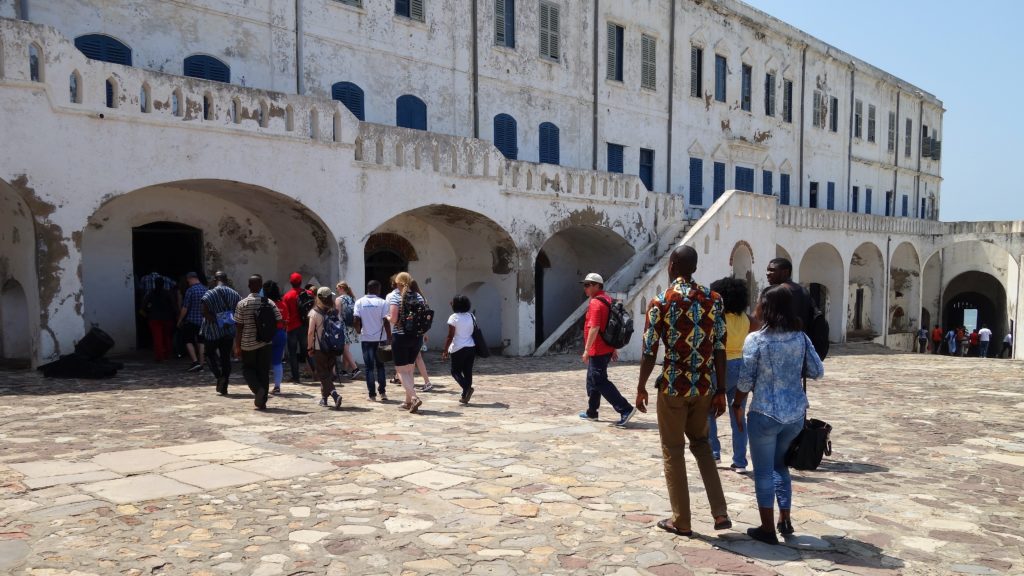
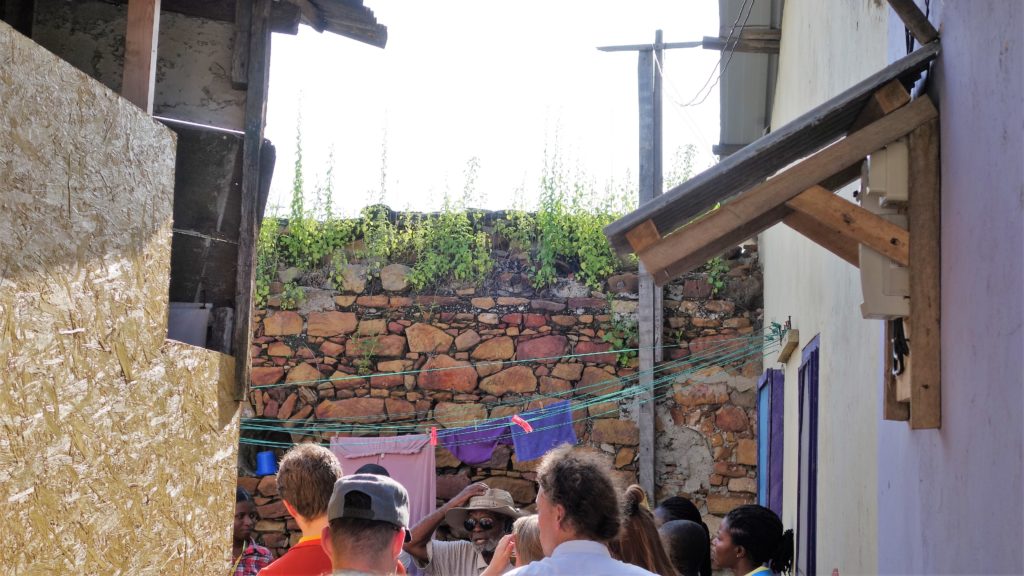
In the second half of the course, the students will, in their intercultural groups, do a fieldwork in Winneba. The results if these fieldworks will be published on this blog.
